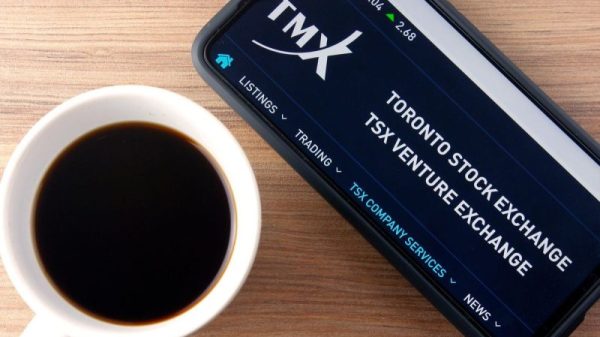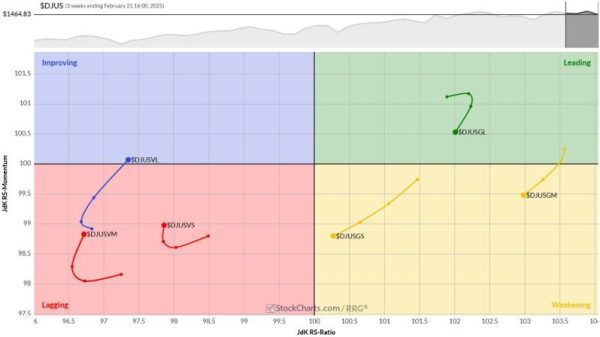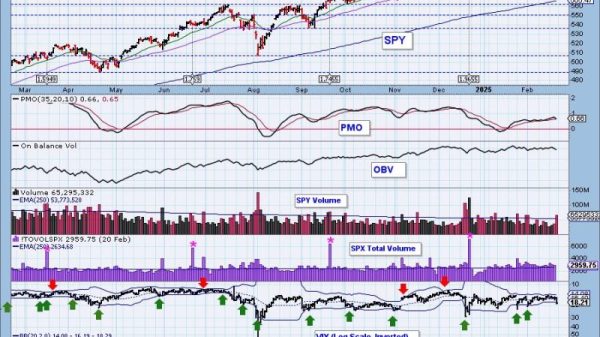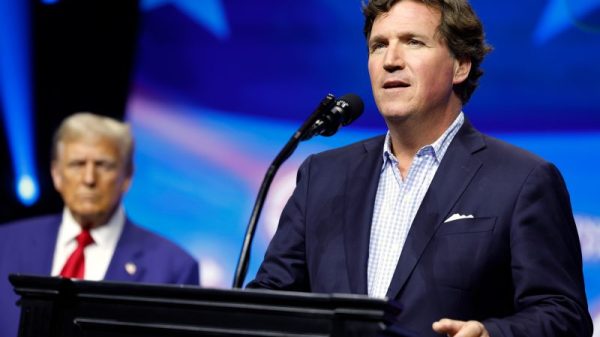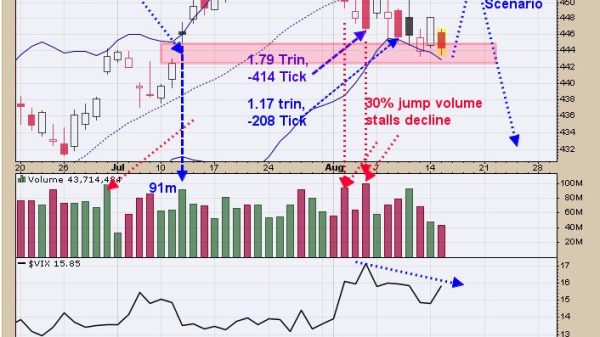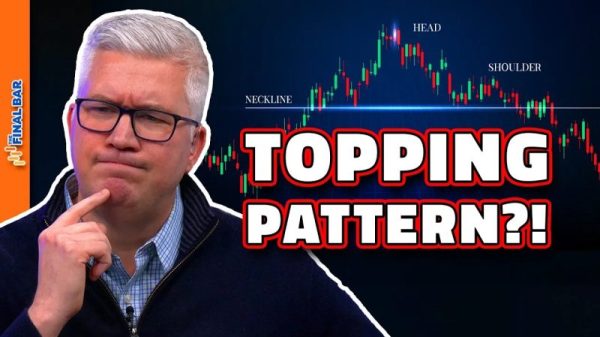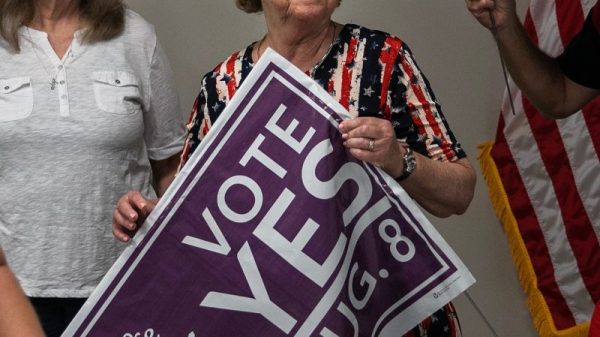Let’s begin with the indictments against former president Donald Trump.
As of early Tuesday afternoon, there are two cases that have produced indictments, each involving multiple counts. There’s the one that was handed down by a Manhattan grand jury in late March, involving hush money payments to an adult-film actress. And there’s the one obtained by special counsel Jack Smith related to Trump’s retention of national security documents at his home in Mar-a-Lago. Again, that’s as of writing; it’s likely that by the end of the week (if not the end of Tuesday) there could be a third.
You have probably heard many times by now that this is unique, that no former president has faced one, much less more than one criminal indictment. Perhaps, back before this seemingly inevitable state of affairs came to pass, you also assumed that these indictments might at long last disrupt Trump’s as-yet-undisruptable political support. That even if he weathered other crises and scandals, surely an indictment might incur real political damage.
Nope.
So far, the story of the Republican nominating contest is that, if there has been any effect at all, it has been to boost Trump’s position. You can see that in FiveThirtyEight’s average of national primary polling. When the first indictment came down, Trump’s support in the polls jumped over 50 percent, where it has largely stayed.
There was not a similar effect after the second (more serious) indictment, but Trump has seen his lead improve anyway — largely a function of Florida Gov. Ron DeSantis’s crumbling position in the polls.
But that’s the Republican primary. Surely Trump isn’t maintaining his strength in general election polling, correct?
Incorrect, questioner invented for rhetorical purposes! New polling from the New York Times conducted by Siena College shows that the two parties’ most likely candidates, Trump and President Biden, are running about even.
The story is most easily told through one particular set of questions in that poll, the ones that measured the favorability of each candidate. These are the results:
Notice, first of all, that Trump is significantly more favorably viewed among members of his own party (that is, the Republicans) than is DeSantis. That goes a long way toward explaining the former president’s lead in primary polling.
Trump and Biden, meanwhile, are about equally favorably viewed. Members of their own party view them quite favorably … and members of the opposing party view them quite unfavorably.
This is a very familiar pattern in recent years. In 2016, Trump and his opponent Hillary Clinton were viewed unusually negatively. In 2020, Biden was viewed reasonably positively through the end of the campaign; his victory was largely a function of Trump’s ongoing unpopularity. Then Biden took office and his favorability sank. That was because, for the past 15 years or so, views of presidents have been sharply divided along party lines.
In the past six presidential contests, partisans have been consistently supportive of their party’s nominees. Before the 1990s, that wasn’t the case, according to exit polls. From 1976 to 1988, an average of 83 percent of a party’s voters supported their party’s presidential candidate. In the last three contests, the average has been 91 percent. That includes 2016, when the unpopularity of Trump and Clinton helped boost votes for a third-party candidate (though not as much as in 1992).
Partisans like their party’s candidates, and partisans (and independents who vote like partisans) make up most voters. So elections are decided in that single digit between the two partisan vote shares of 40-plus percent. And then decided more concretely by the electoral college.
It’s important to remember that head-to-head general election polling this far out is notoriously iffy. There are some astonishing demographic breakdowns in the Times-Siena poll that have raised eyebrows, but because the sample sizes are small and the election so remote, you should cake those in salt. (If you’re curious, here’s a good assessment of recent demographic shifts in voting.)
What’s more, we don’t know what further indictments Trump will face! And that could reshape the trajectory of the race, right? Well, in case you somehow missed the first paragraphs of this article, let’s pick out some data from the Times poll that speaks to this.
Of those who plan to vote for Trump in the primary, 4 percent think he committed serious federal crimes. Those are Trump supporters. Thirteen percent of Republicans think he committed a federal crime (1 in 8!), a group in which 88 percent plan to support him against Biden. Only 5 percent of Republicans say they support the sitting president, despite 13 percent thinking his opponent is a criminal.
Where the indictments might affect Trump most immediately is somewhere that political observers probably would not have anticipated a candidate struggling a few years ago. Consider this chart of grass-roots contributions to Trump by day. Notice those spikes, indicating the indictments.
With WinRed’s filing now in, we finally have a graphical representation of Trump’s fundraising by day in the first six months of the year and can compare the diminishing returns between indictments #1 and #2. pic.twitter.com/2SXooiDdZI
— Rob Pyers (@rpyers) August 1, 2023
The second spikes, those that accompanied the Mar-a-Lago indictment, are much smaller. But Trump’s spending needs are only increasing — not because he has to fend off DeSantis, a task that seems less herculean by the day — but because he has mounting legal fees.
For the next 10 months or so, Trump may be in an unusually fraught position: His indictments aren’t hurting him, but his supporters won’t feel an urgency to donate given his sustained lead. But the amount he’ll need to pay his lawyers (and lawyers for some of his co-defendants) will only increase. But he can’t let his political position slip because winning in November 2024 is also his best legal strategy.
As I mentioned, it’s a unique situation.

